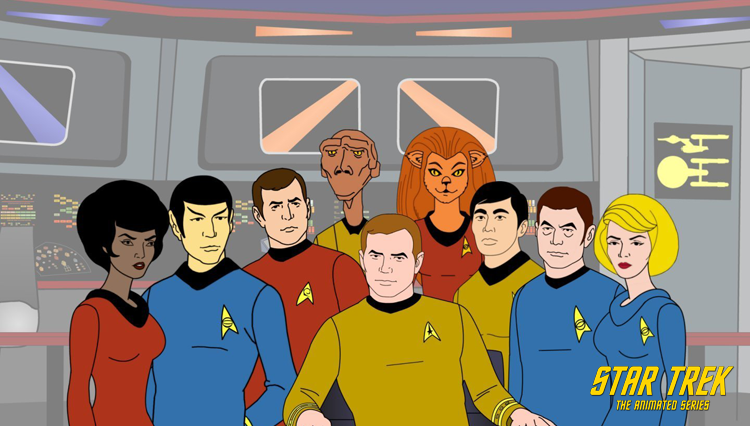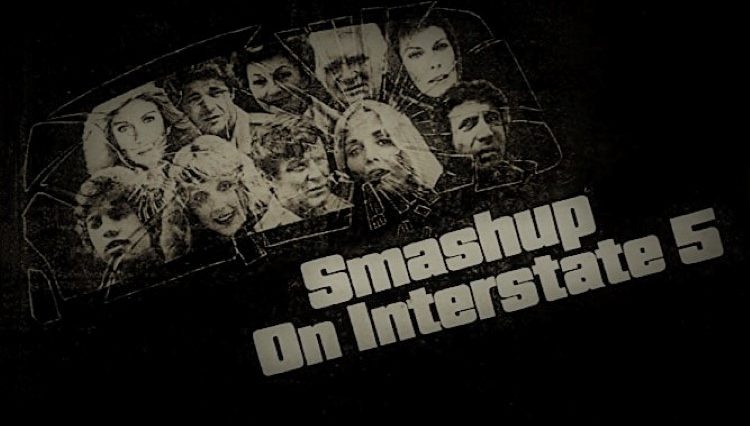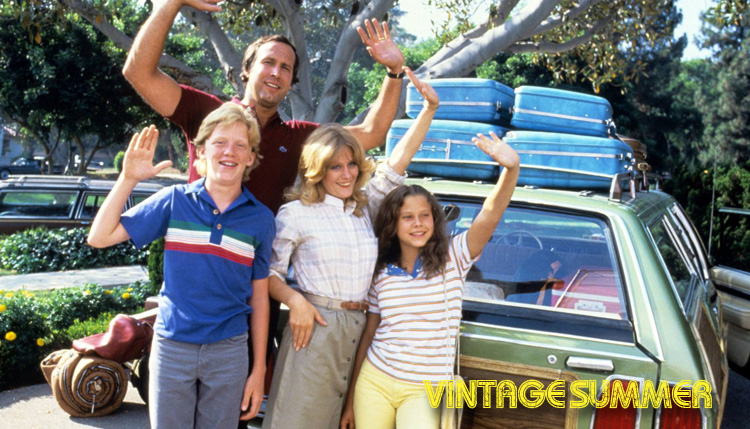
“O God, ease our suffering in this, our moment of great despair. Yea, admit this good and decent woman into thine arms in the flock in thine heavenly area, up there. And Moab, he laid its down by the band of the Canaanites, and yea, though the Hindus speak of karma, I implore you: give her… give her a break.”
National Lampoon’s Vacation, 1983 (Chevy Chase), Warner Bros.
There’s no tradition like a new tradition, and I think I’m creating a new tradition. There are holidays, and there are holiday movies, and there are movies we play on certain holidays. We’ll watch A Christmas Carol or Scrooge or even Scrooged on or around Christmas. I know people who love to watch the Star Wars franchise movies on May 4th (we usually run them around New Years), but I have an idea for a Father’s Day tradition: National Lampoon’s Vacation. It is just about the perfect movie to play to commemorate the struggles of loving, responsible dads out there, and Chevy Chase is our embodiment of a hero despite his complete inability to achieve his goal. He has one goal: to take his family to “Walley World” (the most famous “Disney World” analog in the history of cinema).
Clark W. Griswold (Chase) is on a mission; a quest, a “quest for fun.” Roughly three-quarters of the way into the film, Clark sits down with his son, Rusty (Anthony Michael Hall), and shares a beer with him. As Rusty drinks the whole can down, Clark tells him about how he never had fun on all the vacations his father planned. This time, he’s determined to have fun and, at this point, he doesn’t care what he has to do to have that fun. His stubborn-streak and capacity for maintaining his composure in the face of his outright idiocy are truly inspiring to watch. Audiences tend to take comedy for granted: if it’s funny, it works. Chase’s performance is one of his most tragic, and he manages to create a fully-realized character even as the first frames of the film are unspooled. He takes Rusty to a dealership to get the new car, a “little sports thing,” for the trip. Salesman Eugene Levy cons him into buying the Family Truckster in “metallic pee.”
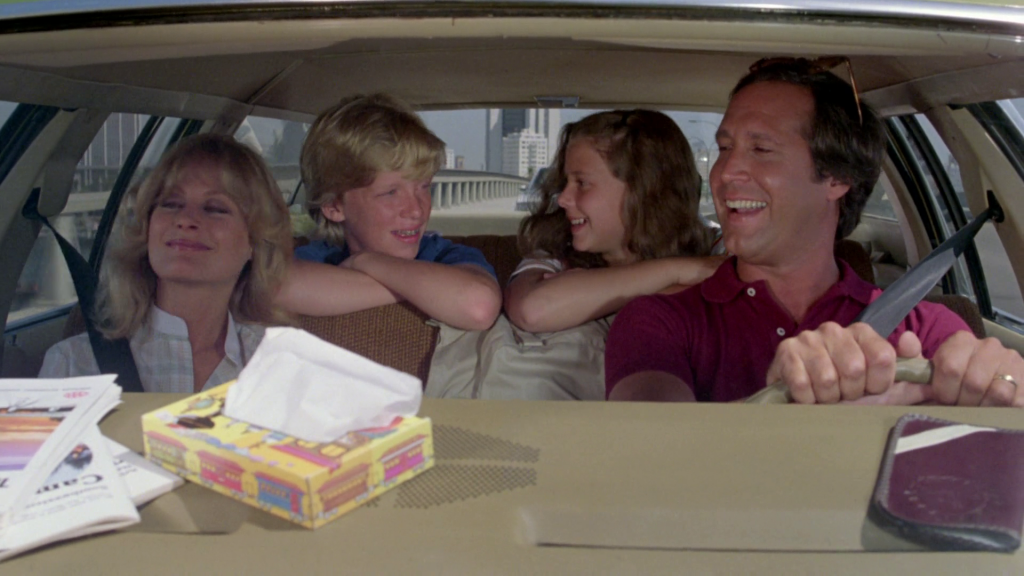
Clark plans out the whole trip on the computer. He has foreseen every contingency, every circumstance, every situation that might pop up, but that’s where the comedy kicks in. Comedy is like God, and we are the chorus. If you want us to laugh, tell us your plan. Of course, nothing works out as planned. They get off on the wrong exit in St. Louis. In one of the funnier (but also politically incorrect) sequences, Clark asks for directions back to the expressway but is given a ridiculous runaround as his hubcaps are stolen and the words, “Honky Lips” are spray-painted on the Family Truckster. Next up is Dodge City, where he, unwittingly, antagonizes a barkeep who shoots him with blanks that causes their daughter, Audrey (Dana Barron) to go temporarily deaf. After that, they make the requisite trip to their white trash in-laws, headed by Cousin Eddie (Randy Quaid).
Eddie and his family are there to frighten Clark and his wife, Ellen (Beverly D’Angelo) and keep them struggling in the middle class, paying taxes and behaving like good citizens. Eddie and his family represent those twisted few who fall between the cracks in a system designed to keep people trapped in collective “caste” systems in our nation. Clark loans Eddie some money to keep his crew afloat. From there, his finances are scuttled. Ellen is no help. While I absolutely adore Beverly D’Angelo (she’s very easy on the eyes, as they say), she is largely unsympathetic. I’m convinced her job, in the film, is to antagonize Clark, poo-poo his plans, and then cut him down when he suffers personal setbacks. Beverly, being a serious dish, makes it hard to stay mad at her. Eventually, she does give in to her husband’s lunacy, but only when she feels less desirable because of Clark’s infatuation with a “Mystery Girl” (Christie Brinkley) in a hot, red Ferrari who flirts with him on the open road.
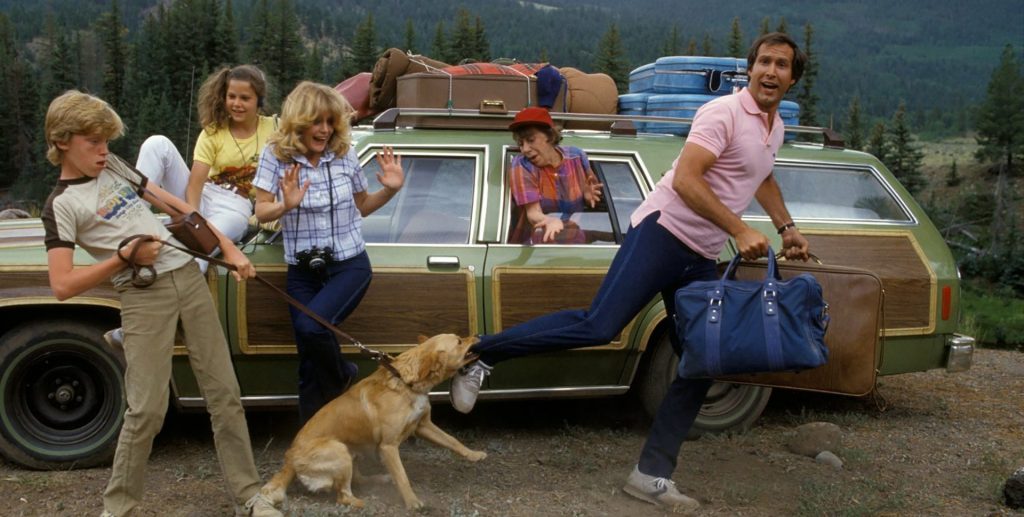
Too often in today’s media and pop culture, fathers are given short shrift, treated as annoyances, regarded as morons with impossibly beautiful, open-minded, ethereal wives. It makes you wonder how these couples found each other in the dating pool, and then what made them decide to marry and have children. While Chase makes easy work of Clark Griswold, he also provides moments of reality and introspection in his wacky world. He bursts into tears at the thought of missing out on his children growing up. He wants to be desired, loved, and trusted, and he barely holds onto his sanity by way of the trip to “Walley World.” Director Harold Ramis directs a very funny script from John Hughes, with inspired bits from Levy, John Candy, Brian Doyle-Murray, and Imogene Coca that compliment the madness of his original source material: a short story he wrote for National Lampoon titled “Vacation ’58.” Released 37 years ago on July 29, 1983, National Lampoon’s Vacation is still one of the funniest movies ever made.
Sourced from the original 1983 Warner Bros “clamshell” VHS release, which was among our first movie purchases on tape. The movie continued to receive different format releases and is available in Beta, DVD, Laserdisc (using the same art design as the clamshell release) and Blu Ray formats. The accompanying essay gives us a crisp synopsis while promoting the National Lampoon legacy. “After 2,000 miles of madcap calamities, the Griswolds ultimately arrive at Walley World. Again, alas, their quest for “fun” is riotously derailed in an action-packed comedy finale.” I have both the original Warner clamshell, and the recent Blu-Ray release. What we see in Vacation is what was shot; an open-matte format that gives us more visual information than the Blu-Ray release, which crops the top and bottom of the image in order to fill the 16:9 viewing area of modern televisions.


